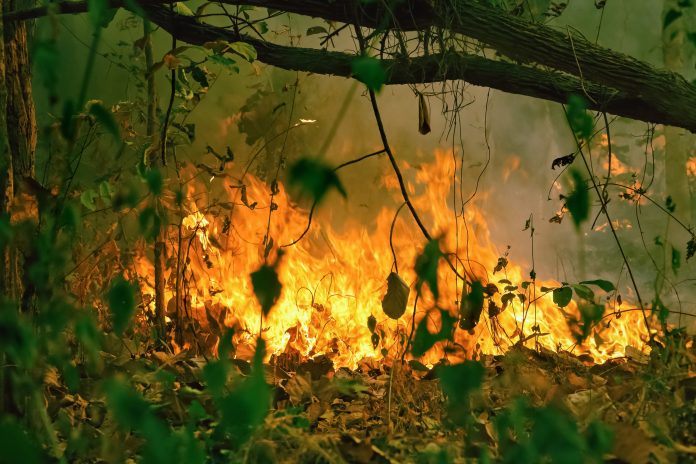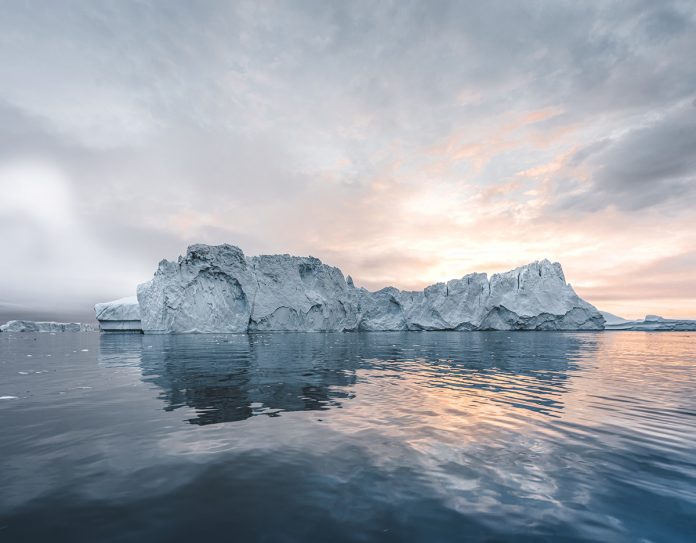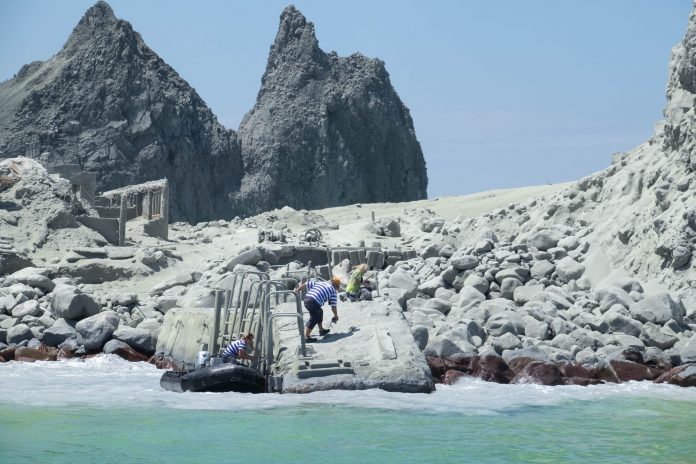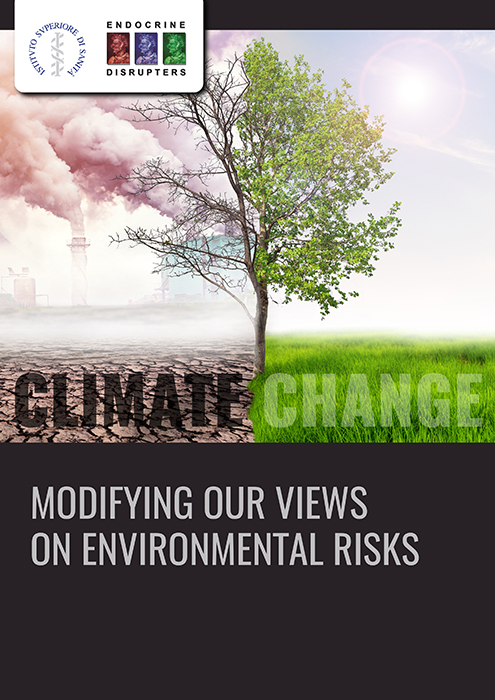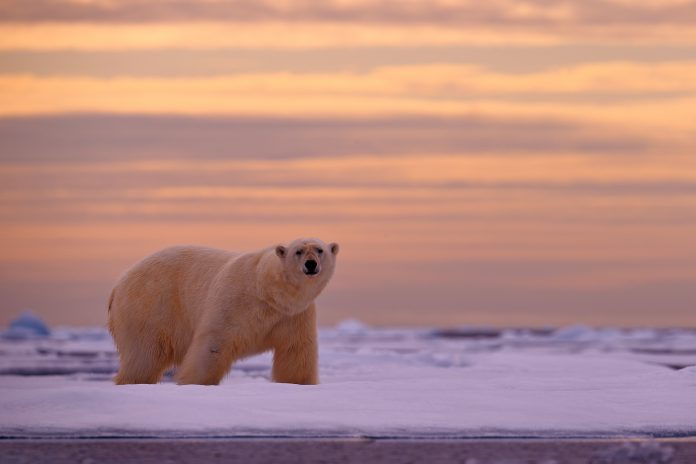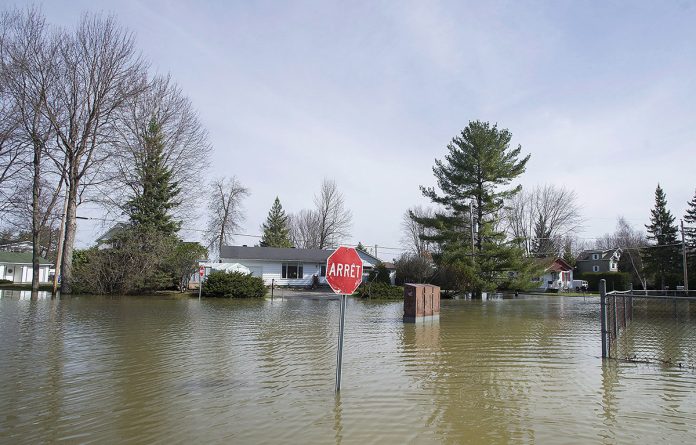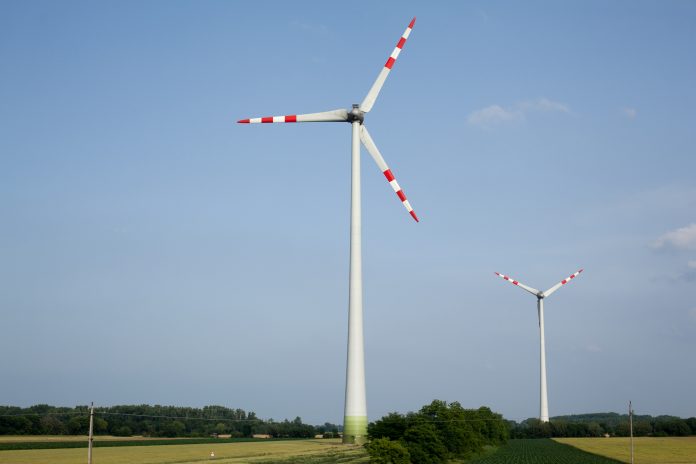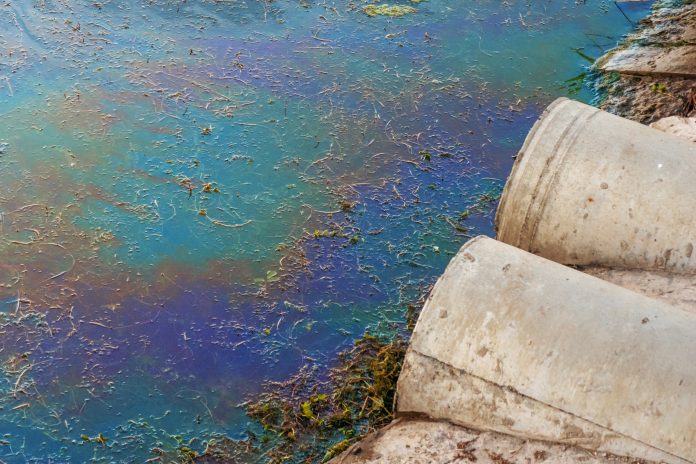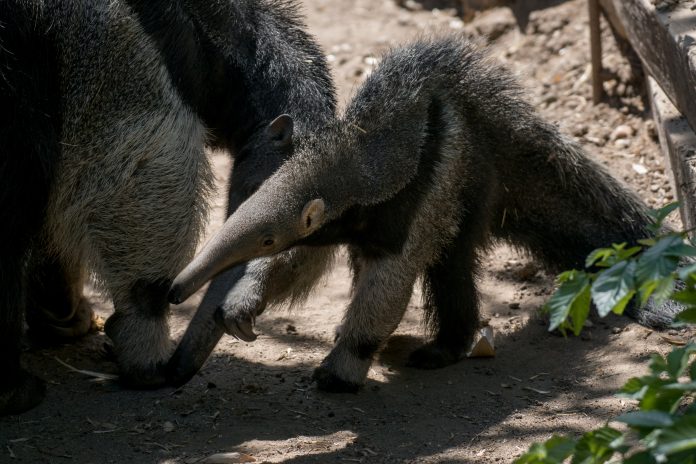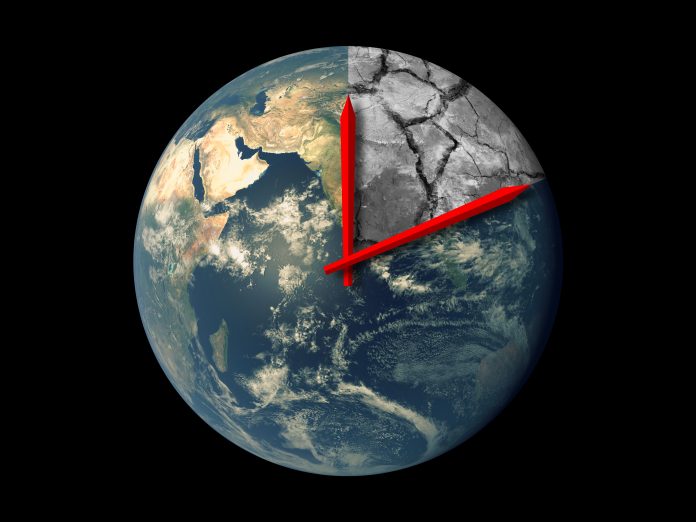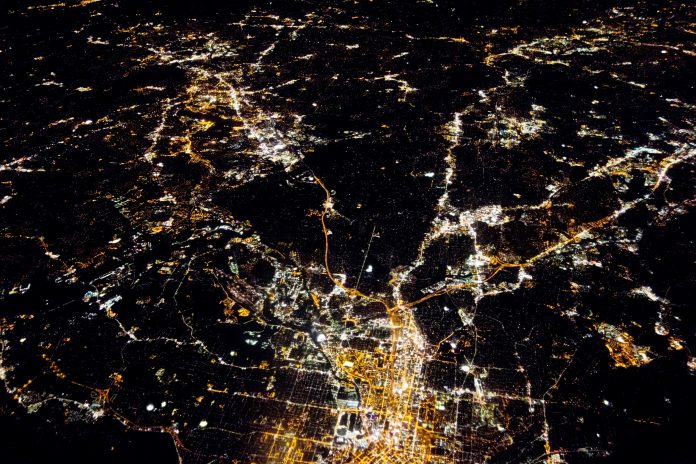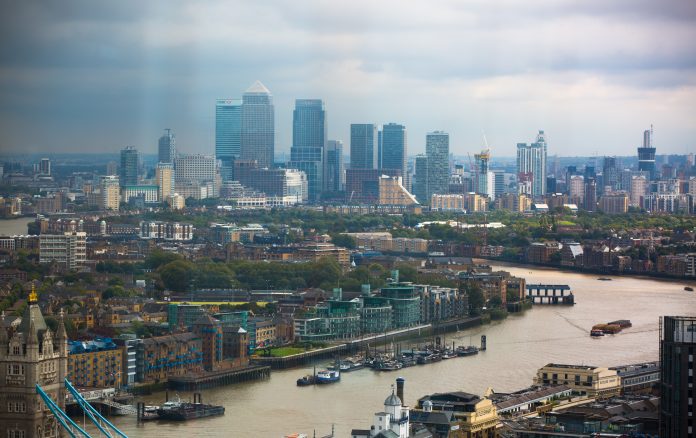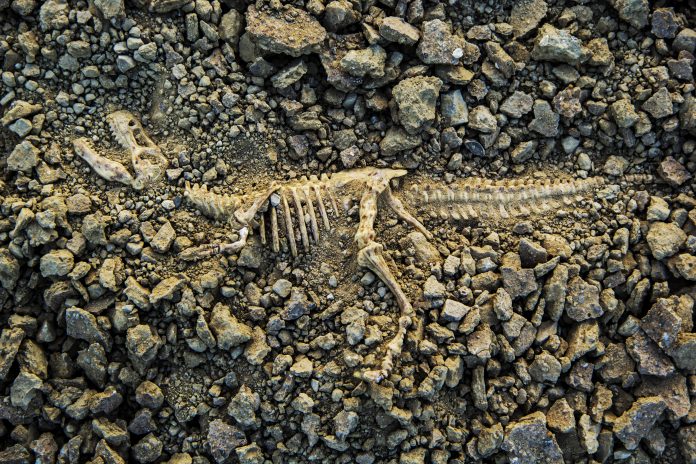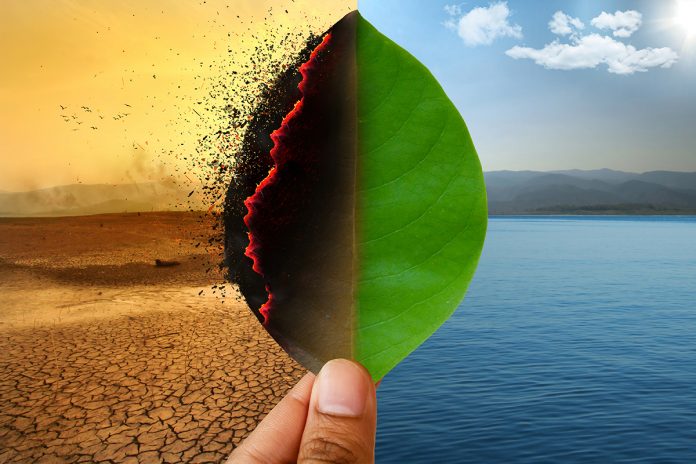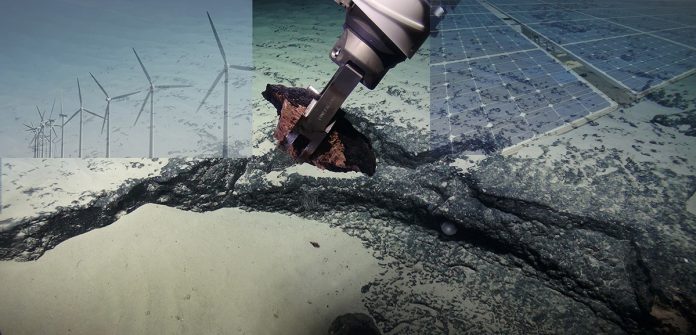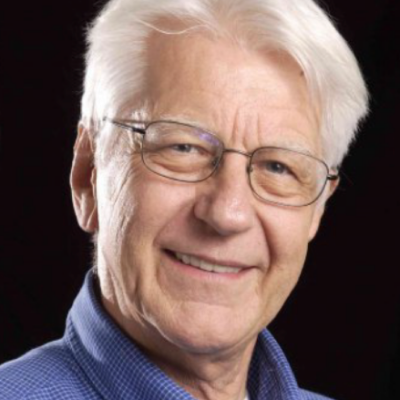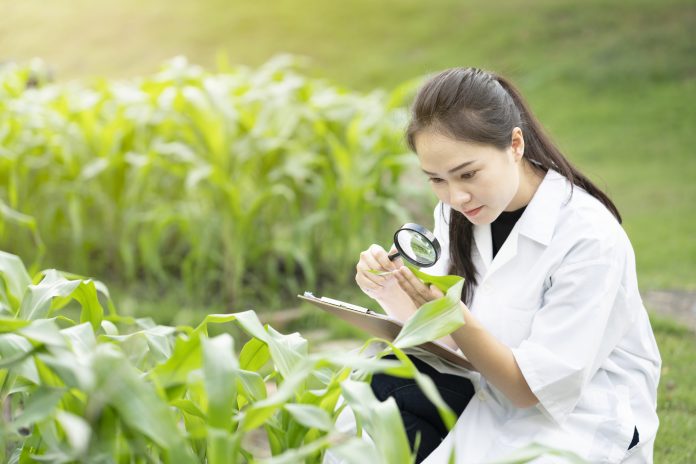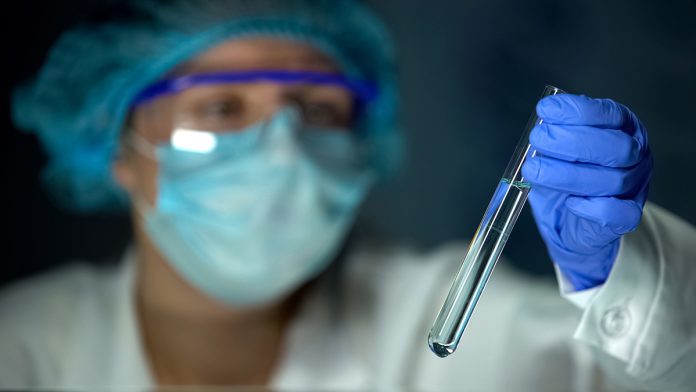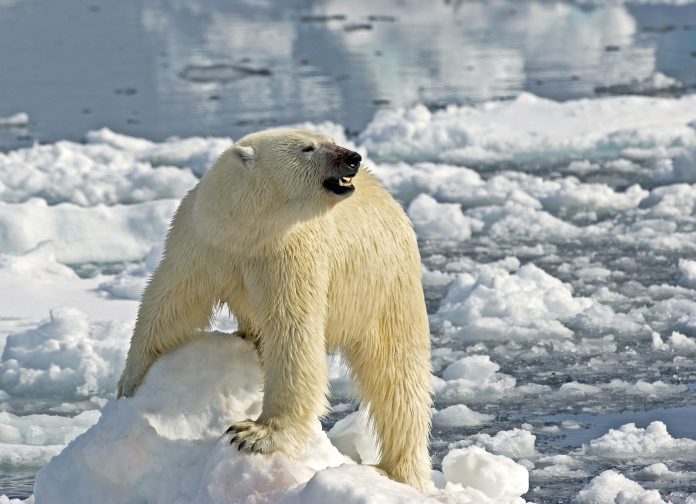Open Access Government produces compelling and informative news, publications, eBooks, and academic research articles for the public and private sector looking at health, diseases & conditions, workplace, research & innovation, digital transformation, government policy, environment, agriculture, energy, transport and more.
Home Search
earth systems - search results
If you're not happy with the results, please do another search
What happened in Madrid at COP25?
As UN climate negotiations came to an end last week, we round up what really happened at the 25th climate conference in Madrid (COP25) and who the key players were.
Firn matters: Changing runoff from Arctic Ice caps and Greenland
Luisa da Cunda Fernandes and Martin Sharp Department of Earth and Atmospheric Sciences, University of Alberta, discuss changing runoff from Arctic Ice caps and Greenland.
White Island eruption: Why were tourists allowed to visit?
Following the death of five people due to the White Island eruption within New Zealand's waters, questions are being asked as to why tourists were allowed access to the crater.
Climate change: Modifying our views on environmental risks
Alberto Mantovani and Francesca Baldi - Istituto Superiore di Sanità in Rome, Italy, explain to us how the global issue of climate change is modifying our views on risks to the environment with comment on the main effects of chlorinated pesticides.
Opening a window into the Arctic’s true impact on the climate
Dylan Browne, Head of Maritime at OneWeb, reveals how we incentivise greater co-ordination and collaboration between researchers across the Arctic.
Stormy weather ahead: Climate-related catastrophes
Professor René LAPRISE, ESCER Centre for the Study and Simulation of Regional-Scale Climate, discusses the recent trend in climate-related catastrophes.
Wind power could increase by over a third in the next 10 years
Wind speeds across the globe have increased rapidly over the past decade signalling good news for the renewable energy industry, scientists say.
How is fast fashion polluting our water?
The fashion industry is now the second-largest generator of pollution on Earth after the oil industry, which is driven by the escalating trend of ‘fast fashion’.
Soy production linked to habitat loss in Brazil
Researchers found that consumer markets for soy products have been linked to habitat loss in Brazil, suggesting a threat to biodiversity.
The Biosphere: Global limits of human habitability
Here, Dr Steven Running dives into the questions of Net Primary Product and ongoing climate change, to illuminate what the global limits of the biosphere are.
The benefits of investing in zero-carbon cities
A report shows that measures to create zero-carbon cities could reduce urban emissions by nearly 90% and support 87 million jobs worldwide by 2030.
How will climate change affect UK business and economy?
With the help of Fulton Umbrellas, this article will explore how changing weather patterns may affect UK business and economy.
A time of unprecedented opportunity for ecology and evolutionary biology
Stephanie E. Hampton, Division Director and George W. Gilchrist, Acting Deputy Division Director, at the National Science Foundation’s Division of Environmental Biology, convey that now is a time of unprecedented opportunity for ecology and evolutionary biology.
Fighting the war against climate change
Laszlo Giricz, Founder and CEO, discusses the work underway at Poseidon to provide solutions for greenhouse gas emissions during the current battle against the climate change emergency.
Achieving zero-carbon with deep-sea minerals
Professor Bramley J Murton, Associate Head of Marine Geosciences from National Oceanography Centre, discusses if deep-sea minerals can meet the zero-carbon challenge, in this article.
Friedemann Freund – SETI Institute/NASA Ames Research Center
Friedemann Freund, Ph.D. is a mineral physicist with a lifelong interest in defects in crystals.
Studying and advancing the field of plant pathology
The British Society for Plant Pathology’s aims of studying and advancing the field of plant pathology are explored here, including the importance of advancing education in the field.
Chemistry: Sustainable water purification solutions from underutilised biomass
Benjamin Hsiao, Distinguished Professor from Stony Brook University provides an excellent overview of an aspect of chemistry that concerns sustainable water purification solutions from underutilised biomass.
Science and higher education for the future of Portugal
Here, we speak to Manuel Heitor, Portuguese Minister of Science, about how science and higher education in Portugal are helping to turn the country into a knowledge hub for future generations, amongst other things.
Drivers of Arctic ice cap change: Linking climate and weather
Martin Sharp, Professor at the Department of Earth and Atmospheric Sciences University of Alberta, Canada, discusses drivers of Arctic ice cap change and his thoughts on linking climate and weather.

